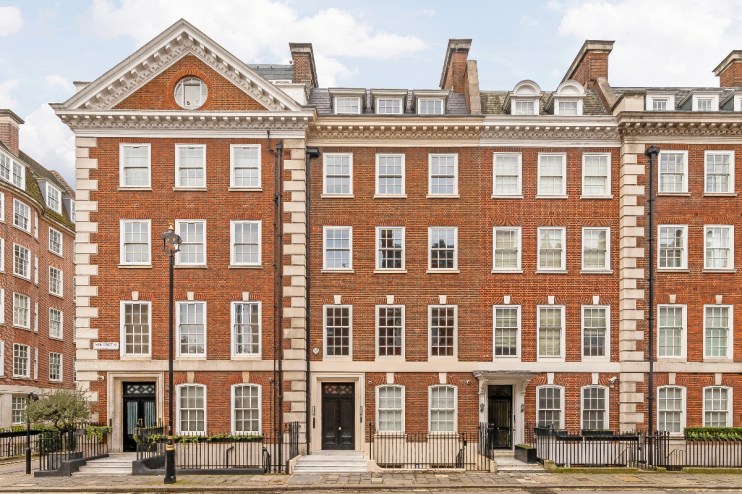Prime London property bounces back after election despite tax uncertainty

Buyers have returned to prime London properties after the election despite uncertainty around the government’s position on tax changes, new data shows.
Sales in July were at their highest on a year-to-date monthly basis, although the average price of a property fell by five per cent on an annual basis, LonRes has found.
The number of properties under offer also increased in July, up 23.6 per cent compared to the same month last year, with sentiment “moving in the right direction”, according to LonRes.
“July is typically a quiet month for the prime London sales market due to summer holidays, but this July has been a little different, Nick Gregori, head of research, LonRes said. Delayed deals and pent-up demand from the pre-election period pushed sales well above both July 2023 and the average for the time of year.”
“The key question looking ahead is how sustainable this improvement is – are the conditions in place for a sustained recovery?” he added.

Barriers to recovery
Given the high level of equity most buyers in prime London have, the market is a little more insulated from rate changes than the general housing market.
However, this is still “an important boost to sentiment,” Gregori said. “Agents will be hoping that the ‘wait and see’ game being played by buyers and sellers might be coming to an end.”
The market has priced in two further cuts this year, but if inflation increases again – as is forecast- this may be delayed.
Upcoming changes to tax laws could dampen a boost, too: the market will be affected by VAT taxes on private schools and tightening non-dom rules in the UK.
Buyers could also be squeezed further if changes are made to pension tax relief, inheritance tax or capital gains tax.
However, Labour has backtracked a little on non-dom rules. It has said that an “appropriate adjustment of existing trust arrangements” is needed, rather than a carte blanche decision to force all overseas trusts to be subject to inheritance tax irrespective of when they were set up.
Rising stock on the market presents a third potential issue: “While this offers buyers more choice and could be positive for activity, it is likely to keep a lid on any price growth.,” Gregori said. “These issues are starker for the £5m+ market, where stock is growing quickly and cheaper borrowing costs are of less importance.”
The stock of available homes for sale continues to rise, with 11.1 per cent more properties on the market across prime London at the end of July than a year earlier.
The stock of available rental properties is recovering gradually, with 11.4 per cent more homes on the market across prime London at the end of July than a year earlier.
